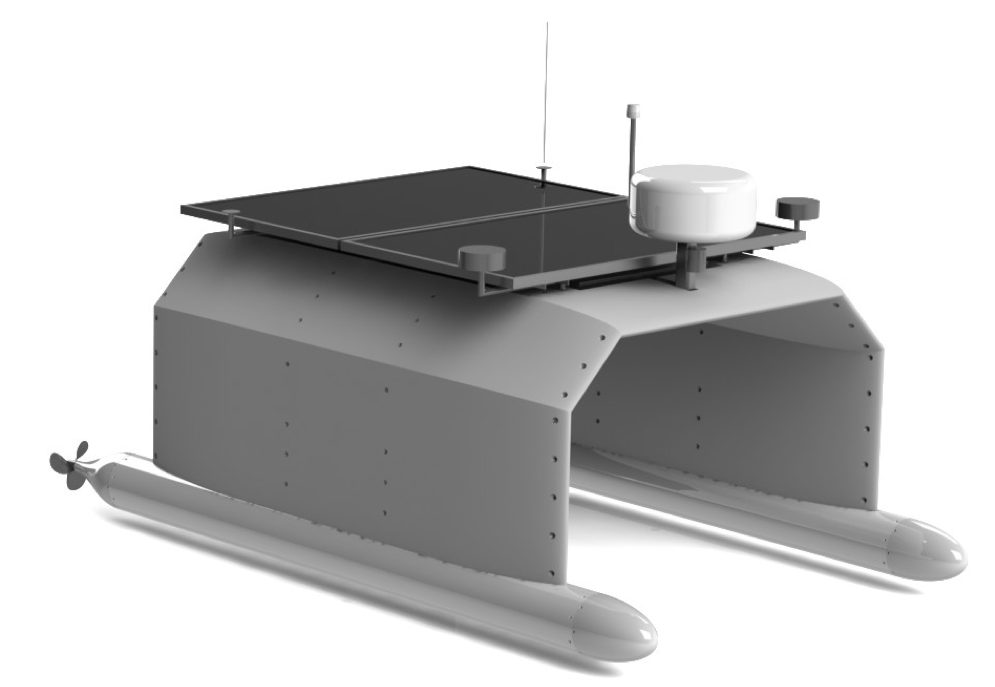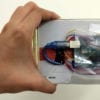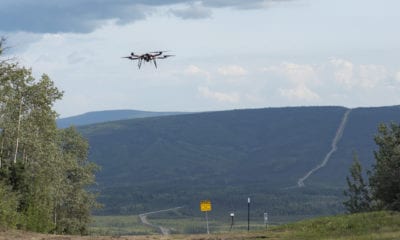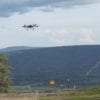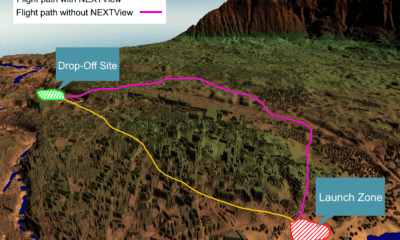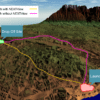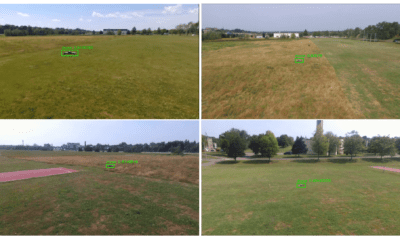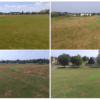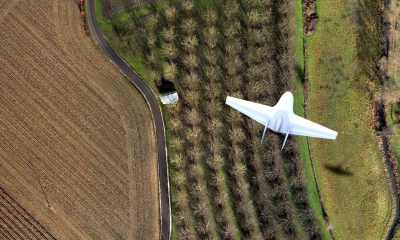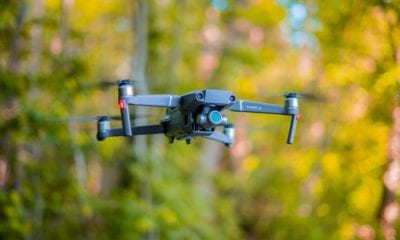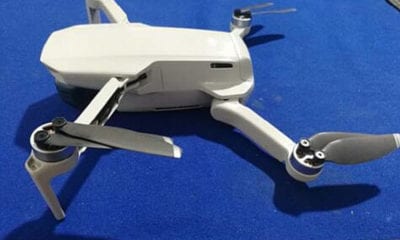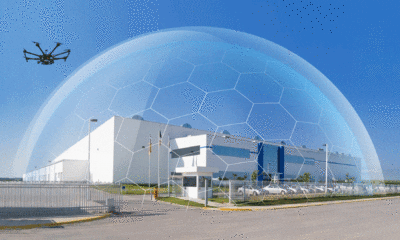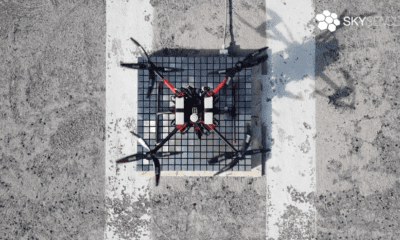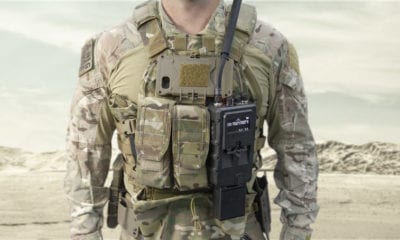Hawaii Grant Boosts Tech Company for Autonomous Marine Vehicle Development
An autonomous marine vehicle company has taken up residence at Hawaii’s Natural Energy Laboratory bolstered by funds from a small business grant that will see Hawaii’s island of Kona become a centre for all things unmanned and marine.
The company, which forms part of Virginia-based marine tech and engineering company Tridentis, has joined the lab following the award by Hawaii Technology Development Corporation (HTDC) of the Hawaii Small Business Innovation Research (HSBIR) grant which will be used to accelerate development of first-of-its-kind advanced marine vehicles (AMVs).
The AMVs are being developed in collaboration with the National Oceanic Atmospheric Administration (NOAA), and are designed to provide a mobile coastal surface monitor that can glide across the surface of the water autonomously, providing a platform for a variety of sensors.
Using modular sensor bays, the AMV offers ‘plug and play’ capabilities enabling NOAA to add and use sensors as required – for example, to capture data pertaining to water quality, coral reef color, temperature, and other environmental features.
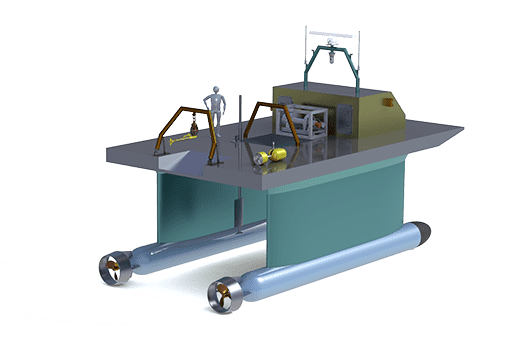
Source: Tridentis AMV
Being able to continue the development at the lab in Kona means the company will be able to offer high-paying employment to advance the local technology pool of jobs, and Tridentis AMV say they are currently seeking engineers with experience in robotics, sensors, artificial intelligence, battery systems and imaging.
In addition to the receiving the funding from HSBIR, Tridentis AMV are also being mentored HDTC’s Neighbor Island Innovation Initiative (NI3).
“HTDC gave us business advisors to counsel us in the hiring process, in addition to providing a Phase I HSBIR grant,” says David Jochum, CEO and founder of Tridentis AMV, LLC. “HTDC has been instrumental in helping us reach the next level in technological development.”
So far, the design process is in Phase I, with Phase II being awarded to the company by NOAA last month.
Phase I has seen the Autonomous Coastal Monitor (ACM) designed to be COLREGs compliant to prevent collision with other marine vehicles, and to run completely on clean power.
Tridentis AMV say that Phase II will enable them to complete a detailed design, as well as build a prototype and perform sensor testing.
This will be made all the more easier with the location to the Natural Energy Laboratory, with the company expecting the ACM will be in the water later this coming autumn.

